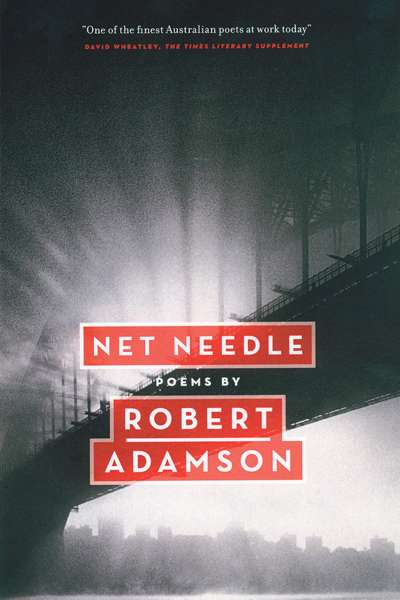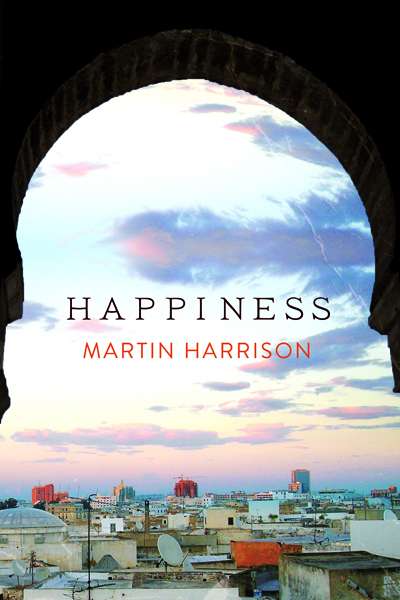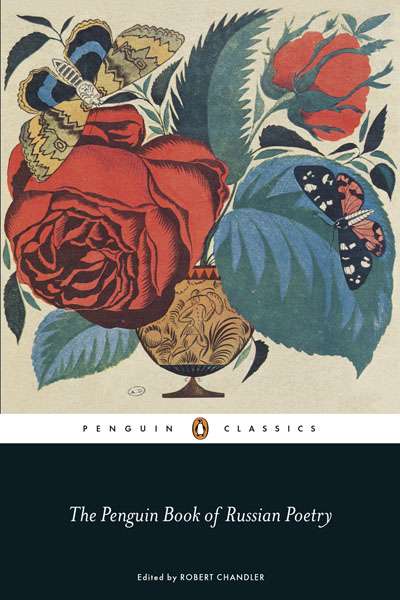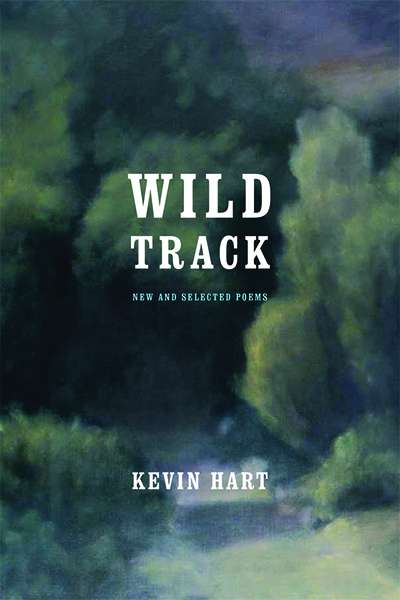Poetry
Australian poetry has always been influenced by international literary trends, especially avant-garde or experimental ones, from the French Symbolists to US 'Language Writing' from around 1970 to the present. A curious aspect of this has been a kind of hybrid poet who can straddle both 'experimental' and 'romantic' traditions. Given the increased popularity of exper ...
Young Eliot: From St Louis to The Waste Land by Robert Crawford
This long-anticipated first volume of Robert Crawford's biography of T.S. Eliot, the first with permission from the Eliot estate to quote the poet's correspondence and unpublished work, highlights the Young Eliot as – not least in the achievement of his poetry – always an Old Eliot. And yet the picture of Eliot as a child and adolescent is detailed. In Young ...
'Happiness' may seem like an odd word for the title of a book of poetry, and given the circumstances of Martin Harrison's final years – his illness, the tragic death of his younger Tunisian lover, Nizar Bouheni – the title is rather ironic, but the poems in this posthumous volume are rich, bountiful, full of the same 'worshipful attention', the same sense of ope ...
Halfway through her first full-length collection, Babel Fish, Jillian Pattinson quotes Borges's famous argument: 'Myth is at the beginning of literature, and also at its end.' Her whole book does its best to embody this idea.
As its title 'Waterline' implies, the first group of poems here is loosely unified by water references, from the semi-scienti ...
Fiona Hile reviews 'Rhinestone' by Ella O'Keefe, 'Metadata' by Amelia Dale, 'end motion/manifest' by Sian Vate, and 'Office of Locutions' by Kate Middleton
All writers need good bookshelves, but the poet, perhaps more than any other writer, is charged with the involuntary dispensation and relentless accumulation of reading material. This is partly due to the proclivities of the producers and partly due to the characteristics of the form itself. As the notable cultural critic Pierre Bourdieu remarked, poetry's effects d ...
The Penguin Book of Russian Poetry edited by Robert Chandler, Boris Dralyuk, and Irina Mashinski
Translation is all about choice: which authors will be attractive to the target audience? Which texts by those authors will be of interest? Which aspects of those texts should be emphasised? How can ambiguities in the original be preserved or resolved? What relative weight should be given to formal and semantic elements? Historically, the translation of Russian lite ...
Cassandra Atherton reviews 'The Hazards' by Sarah Holland-Batt, 'Conversations I've Never Had' by Caitlin Maling, 'Here Be Dragons' by Dennis Greene, and 'The Guardians' by Lucy Dougan
Contemporary Australian poetry has a complex and ever-evolving relationship with the land, both at home and abroad. Almost twenty-five years post-Mabo and entrenched in ongoing ecological crises, Australian poets explore new ways of experiencing and defining place. Where misguided nationalism sought to limit Australian poe ...
Kevin Hart was born in London in 1954, grew up in Brisbane, and worked in Melbourne before moving to the United States, where he still teaches (currently at the University of Virginia). Although he has won extravagant praise from Americans such as Charles Simić and Harold Bloom, he remains, to Australian readers, ...
Peter Kenneally reviews 'Crankhandle' by Alan Loney, 'Stone Grown Cold' by Ross Gibson, 'Aurelia' by John Hawke, and 'Dirty Words' by Natalie Harkin
Poetry books as artefacts in their own right, regardless of commercial viability or relevance to the click-bait Zeitgeist, are currently showing sturdy signs of life, so it is a welcome development to have the online Cordite Review sensibility fixed in print, in a palpable way and on a gras ...
Clive James’s series of memoirs began in 1980 with the Unreliable one. Thirty-five years and four more very funny books later, the Five Lives of Clive have been rounded with a sixth: a slim volume of poems. It is probably also the most reliable, as if, paradoxically, James took more poetic licence when working in prose. The prevailing tone is a long way fro ...







